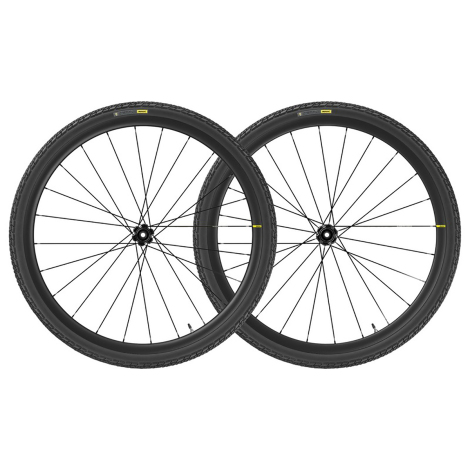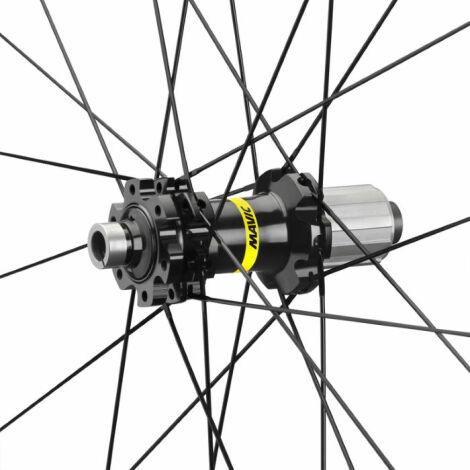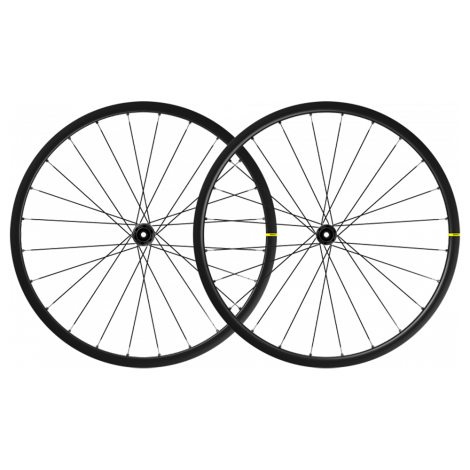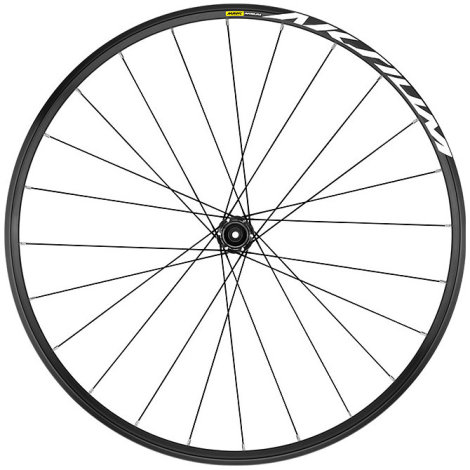Mavic is a French company best known for its range of bicycle wheels and rims. Mavic is an acronym of Manufacture d’Articles Vélocipédiques Idoux et Chanel. The company was founded by Charles Idoux and Lucien Chanel in Lyon, France in the late 1800s. They initially specialised in making bicycle mudguards.
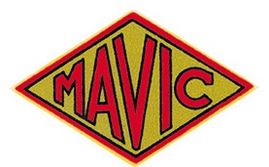
Innovation
Mavic was the first manufacturer to produce an aluminium rim back in 1934. However, they were not allowed at the Tour De France as they were thought to be unsafe compared to wooden rims. They produced the first clincher rims, the first solid disc-wheel in 1973. Mavic introduced the concept of Neutral Service to bike races in the early 1970s. They manufactured a Tour De France Winning groupset. They produced the first electronic groupset, the first aluminium and carbon laminate rim in the late 1980’s, some of the first factory built wheelsets. In short many aspects of bike riding can be attributed to Mavic innovation and development.
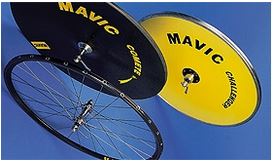
Wheels of Change
For most bike riders, Mavic will always be regarded as a wheel company. Before factory wheelsets, Mavic produced beautiful 500 series hubs and a wide range of rims for hand built wheels. From the superlight GL280 (280 grams) to the tougher GP4, SSC and the more hard-wearing MA2 and MA40 clinchers. Progression into pre built wheels in the 90s meant that riders didn’t have to find a wheel builder to create their wheels. They could trust the experts at Mavic.
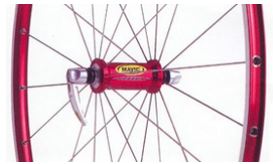
Factory Fast
After the Cosmic and Helium wheels of the 1990’s, the Aksium and Ksyrium drove the growth of factory built wheelsets. With the exploits of Lance Armstrong on Mavic Ksyriums in the Tour De France, they became the in demand wheel across the world. Ksyriums offered a mix of relatively light-weight, aero spokes and unlike deep V section wheels of the era, not effected by crosswinds. MTB riders didn’t miss out on Mavic’s factory wheelsets, they had the Crossride, Crossmax and Deemax wheelsets – well regarded by cross-country through to downhill riders.
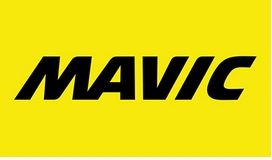
Early Adopters
Mavic were well ahead of Shimano and Campagnolo when it came to the electronic groupset. Zap in 1992 was followed by the wireless Mektronic in 1999. While both Zap and Mektronic had some issues, these were the out-and-out front-runners, the pioneers of modern electronic groupsets. They were successful in terms of pro race wins. Chris Boardman used them for the entire 8 years of his professional career.
Today Mavic produce wheelsets for all types of riding, here are some of our favourites;

